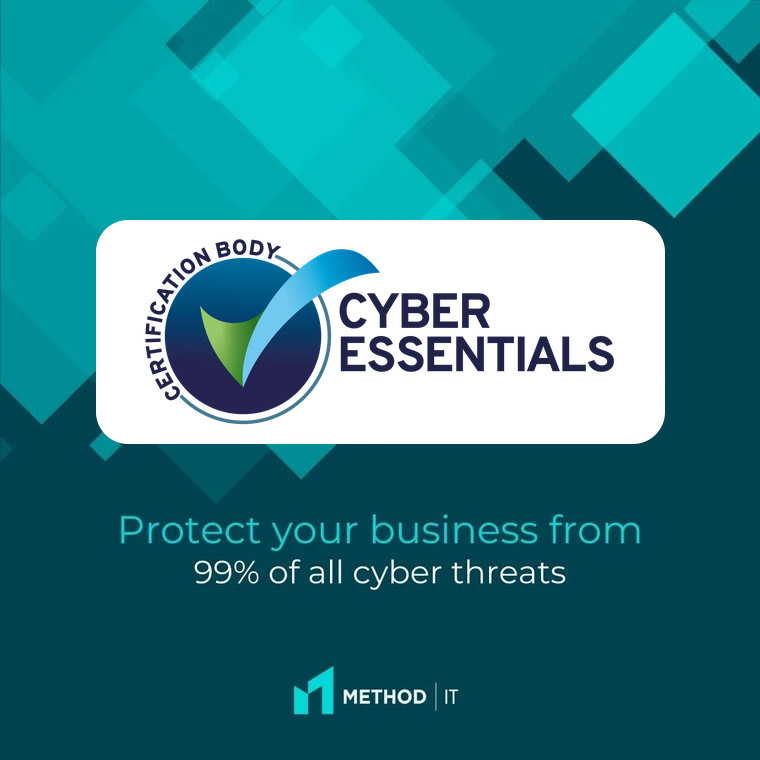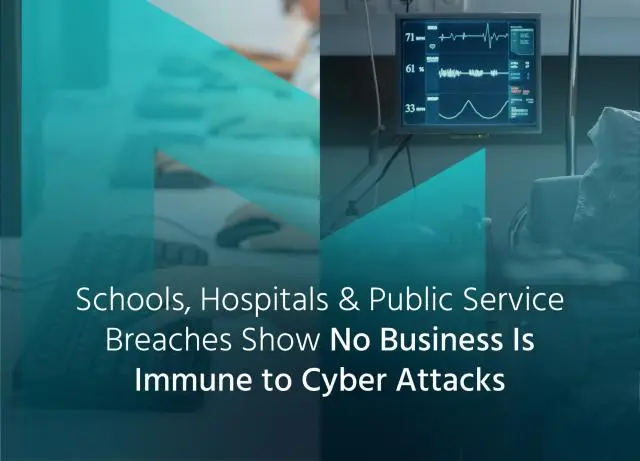
IT Insights & Articles
for UK Businesses
Method IT has developed an unrivalled knowledge across a number of IT related fields and we’re committed to keeping you up to date with the factors that could affect you. Read our blogs for the latest IT insights, including technology advancements and new software launches.



